At some point in your life, you've probably experienced a “lightbulb” moment.
That split second where some connection is made deep in your brain and everything suddenly makes sense.
Mine happened at a coffee shop in North Carolina.
I'd been spending my days at a job I hated and my nights lying in bed wondering how the hell I was going to make my way into New York's bustling tech scene. I'd applied to hundreds of jobs already and hadn't heard back from a single one. With no idea what I was doing wrong, I was close to giving up…
Trey was sitting across the table from me. He had worked his way into Uber's operations team shortly after college and, from my perspective, was killing it in the professional world. I knew that Uber had an opening in marketing and I was determined to figure out how I could replicate his results.
“Uber is the “it” company right now, everybody wants to work there. How did you land such a senior role so quickly out of college?”
His answer changed everything.
Photo by Richard Clyborne of Music Strive
“When I graduated, I noticed that everyone was doing the same thing to get a job. Resumes, applying online, all that. I wanted to work for companies that were doing things differently, like Uber. They were breaking the mold and I knew that I would have to do the same if I wanted to get noticed.”
“I spent a bunch of time thinking about how I could bring something to the table that they hadn't seen. I ended up sourcing feedback from everyone I knew who rode Uber regularly. I sent them a quick survey – what did you love, what did you hate. Then I consolidated the results, found patterns, and built out a deck. I found as many emails as I could at Uber and I sent it to everyone. They must have thought I was crazy, but it worked.”
My brain lit up.
Just because everyone else was doing something, didn't make it right. In fact, it made it worse. It was causing competition to skyrocket in an already-faulty approach where you had two pieces of paper (your resume & cover letter) and some applications questions to set yourself apart from the pack.
If I could connect directly with people at my target company and offer them value, I would be able to bypass the online application process and prove that I could do the job before I even stepped foot in the door.
That is a game changer.
Value Validation: How To Take The Road Less Traveled (& Get Results)
I spend a lot of time talking about why applying online won't land you your dream job in today's market.
The landscape has changed and traditional strategies simply don't work anymore. Online applicants have less than a 2% chance of landing an interview (which still sounds crazy when I type it, but the numbers don't lie).
If you want to succeed, you need a new approach. The strategy I teach is rooted in a single concept – find people at your dream company who can influence the hiring process and provide them with tons of value. My angle of choice is to tease out information around the challenges they're facing or the initiatives they're kicking off and provide solutions/ideas (here's a detailed breakdown of that process, if you're interested).
After working with several thousand job seekers, I've found that identifying contacts is easy. Providing value is where people tend to get stuck. Everyone's situation is unique and it can be hard to provide a cookie cutter solution that works across industries, experience levels, and roles.
It also raises questions and concerns like:
- My contact is a high profile veteran, what kind of value could I possibly offer them?
- I spoke to my contact, but when I asked about their biggest challenge/upcoming initiative, they were incredibly vague.
- I'm not an employee, I don't have the “inside scoop.” What information could I possibly offer them that they don't already know?
- The company is already paying people tons of money to solve these problems, if they can't do it, how am I supposed to?
In this post, I'm going to show you how to effectively add value to anyone using what I call a Value Validation Project. Then I'm going to give you some examples that other people have put together to successfully land jobs at some of the world's most sought after companies without using traditional channels.
What Is A Value Validation Project?
A Value Validation Project (VVP) is a deliverable that benefits an influential contact at the company you want to work for. There are dozens of different ways you can do this, we'll talk more about those in a bit.
There are two reasons this technique is so effective.
First, as I mentioned above, 75%+ of candidates rely on traditional methods to illustrate their worth during the job search process. By stepping outside of the box and creating something unique and valuable, you automatically separate yourself from the pack in the eyes of your potential employer.
Second, a high quality validation project proves that you can beat the expectations for the role and you're someone who brings good ideas to the table. You're essentially validating your value (hence the name) to your contact before they take a chance on you. This makes them far more likely to vouch for you during the process and increases your chances of landing a referral.
I've found that this is especially effective for candidates coming from non-traditional backgrounds. The main reason those people struggle during the job search is because companies aren't willing to take a risk on someone without experience. By crafting a validation project, you're showing the employer that you know your stuff and you're going to excel in the role. Suddenly, the “traditional” qualifications don't matter as much.
In fact, I've actually found that it helps non-traditional candidates boost their credibility because, in order to provide a high quality deliverable, you actually have to know your stuff. If that experience didn't come from a traditional job, it means that you invested your own time, money, and resources into learning the space.
Companies LOVE that.
How To Craft A Value Validation Project That Will Get You Hired
As I mentioned earlier, it's hard to create a one-size-fits-all mold for the “perfect” validation project.
Everyone's personal career situation is different because there are so many factors to account for – the industry, your experience, what your contact wants, the role you're targeting, etc.
On top of that, not every contact you speak to is going to be an open book when it comes to challenges, initiatives, and other good VVP ammo. In those cases, you're going to have to do a lot of the legwork with your own research!
If you want the best material I have on VVPs, check out my Value Validation Project Starter Kit:
It includes:
- A video breakdown of how to create a high quality Value Validation Project
- The fully editable VVP Deck Template I use with all of my clients (PowerPoint, Google Slides, PDF)
- 4 examples of VVPs for different scenarios (solving a problem, highlighting an opportunity, showcasing experience, and asking for a raise)
- An analysis on the ROI of investing in a Value Validation Project
You can grab a copy of the starter kit through this link. Otherwise, you can read on!
In the rest of this post, I'm going to show you how you can create a high quality project that adds massive value for the scenarios above.
After that, I'm going to show you some real world examples from people just like you so you can get inspired and get started!
Let's start at the top.
Step #1: Research, Research, Research
The first step of any Value Validation Project is always the same: you need to research the heck out of your target company, team, and role.
You need to learn as much as you possibly can about the company and the challenge they're facing. Here are a few of the resources I've found to be most effective:
Quora
Quora is a Q&A site has a surprising amount of savvy individuals who are willing to share their opinion on anything business-related.
When I was applying to Twitter, their biggest challenge was monetization. I went straight to Quora and punched in “How Can Twitter Increase Revenue.” Hundreds of variations of my question popped up with thousands of different answers:
All you need to do is come through the answers to get some inspiration. If you want to go even deeper, check out the comments on popular answers to see if people are able to poke holes in the author's idea. If the comments are positive, you've got a solid answer on your hands.
Seeking Alpha
SeekingAlpha is a platform that crowd sources financial advice and opinions on the world's publicly traded companies.
The people who write articles for the site make a living following the company you're aiming to get hired at. Then they fire up Seeking Alpha and write piece after piece on why they think Company X will soar while Company Y is going to fail.
These articles are a goldmine of potential challenges for you to solve.
All you need to do is type in the company's name in the search filter and you'll see an entire feed of these articles below the financial charts:
The best part is, if you sign up for a free account, you can hit the “Get Alerts” button (in the upper right hand corner) and a digest of these articles will be sent directly to your inbox every morning.
Let the experts do the research, all you need to do is read.
Listen To Earnings Calls & Read The Transcripts
Another great resource for learning about public companies is their earnings call.
Several times throughout the year, publicly traded companies will have calls to discuss the results of the previous financial period and talk about the future.
If the company is doing well, they're going to talk about upcoming initiatives to capitalize on that growth. If the company is struggling, they're going to address those challenges and discuss potential solutions. Either way, you're going to get a few ideas.
Here's a link to Nike's Investor Relations page. If you click around, you'll notice a section on Quarterly Earnings where the company has free, downloadable documentation on their recent earnings and the transcript of their most recent earnings call.
What To Do For Private Companies (Informationals & Podcasts)
If you're applying for a private company, it's going to be a little bit harder to dig up dirt because their financials and initiatives aren't aired out for the world to see. Still, there's plenty we can work with.
Where Seeking Alpha is great for public companies, CrunchBase is great for the private startups. Every company profile has a “Recent Activity” section that consolidates recent articles and news. Here's what that looks like for Casper, the privately held mattress company:
Next, I try to find interviews with employees (preferably executives) from the company. YouTube is a great place to check or you can simply Google “[Company Name] Interview” and see what pops up. If there is a big initiatives or a looming doubt, interviewers are going to jump all over that.
For example, HubSpot is an private company that provides a full suite platform for inbound marketing and sales.
Let's say we want a job in marketing at HubSpot. A quick Google search for “HubSpot CMO” tells us that Kipp Bodnar is our guy!
If I head over to YouTube and search for “Kipp Bodnar HubSpot Interview,” I'm going to find a goldmine of info:
Watching a few of these is going to give me a great idea of what HubSpot's marketing team is focused on, as well as the language they're using and the things they're emphasizing.
If you want a pro tip, you can set the playback speed to 1.5x-2x to cruise through these!
When you've set up informational phone calls with your contacts, the goal of that conversation is to tease out as much information as possible about their biggest challenges, upcoming initiatives, or their personal goals.
Speak To Current Employees
As I mentioned earlier, one of the best sources of information is going to be the people currently working in the role you want at your target company.
They can give you a level of insight that's hard to find in a Forbes article or a podcast interview. They can tell you the exact challenges, goals, and initiatives the team is facing. They can also tell you exactly why they're hiring and what they're looking for.
The most common mistake here is not going deep enough. If you're able to get your contact to bite on one of those items, continue asking followup questions until you get the info you need.
If your contact wonders why you're asking so many questions, tell them that you're simply interested in learning about the types of challenges and initiatives someone in their position/industry faces.
This is the most direct path to success when it comes to adding value because your contact effectively hands you a road map. You just need to follow the directions.
Step #2: Building Out The Deliverable
After you've decided on the angle you want to take via your thorough research, you need to consolidate your information and solutions into some sort of deliverable.
I personally recommend a PDF slide deck for a few reasons:
- Almost everyone has experience making decks and PowerPoint has this awesome new feature that will professionally design your deck in a single click.
- You can easily make edits based on new information and contacts
- PDFs are easy to consume and share
That said, the best medium you can use is the one that you feel the most comfortable with and is the most relevant to your target job.
If you want to break into video production, a short film might be a better option. If you want to be a software engineer, coding out a project is probably a good bet.
Trust your gut here, but you can't really go wrong with a solid, well designed deck.
12+ Examples of Value Validation Projects From Real People Like You
Whenever I mention VVPs, people usually tell me that they have no idea where to start. And I totally get it!
Given the vast spread of industries, job titles, and expectations out there, it's hard to create a repeatable formula for “WOW” so I did the next best thing.
I went out and compiled the best examples of people who used unconventional, insanely creative ideas to land their dream job.
This section is a library of real world Value Validation Projects that you can use for reference and inspiration.
It will constantly be updated with new and exciting projects as I find them. If you know of any, please send them my way – I would love to feature them here!
Check it out:
1. Kelley's friends said they hated SoundCloud's UI, so she redesigned it
I'll let Kelley lead off in her own words:
“What started out as a casual conversation with my friends turned into a serious exploration. This was partially because I love SoundCloud, and partially because I needed to challenge myself in order to move forward in my career.
I started using SoundCloud obsessively back in 2013, and have since started using other streaming applications as well. SoundCloud is amazing. Whenever I go through its community, I can look forward to discovering so much new talent.
So I set out to redesign SoundCloud’s iOS app from the ground up, the way me and my friends would like it to be.”
This is one of the most comprehensive articles I've seen. Kelley packs it full of information from laying the groundwork, to explaining her scientific approach, to performing market research, and finally, identifying gaps and crafting solutions.
If you asked me for a poster child for the perfect value validation project, this would probably be it.
You can read the full article that Kelley wrote here.
2. DKIRK lands a job at Vayner Media with a rap video
DKIRK was just a regular dude who wanted a job in design and marketing at Vayner Media. If you're reading this, you've probably heard of Gary Vee and know that he is one tough guy to get in touch with.
Instead of going the traditional route, DKIRK wrote, mixed down, and produced his own rap video about why he was a great fit for Vayner. Then he posted it to Reddit where it went viral. Next thing he knew, DKIRK was sitting in Gary Vee's office being offered a job:
In Gary Vee's own words, “This kid hacked it – [DKIRK's] strategy is a very worthwhile strategy for all of you. Please watch, please pay attention.”
3. Cam wanted to work for AirBnB so she surveyed their customers
Cam, a member of the Cultivated Culture community, wanted a position at AirBnB. She had reached out to contacts and made connections, but nobody was opening up about their challenges. Cam could either give up or find a way to add value they couldn't ignore.
Instead of targeting AirBnb's employees, she focused on their users.
If there's one person who isn't afraid to tell you where a company is lacking, it's their customer, and every company has customers/users you can target.
Turns out AirBnB's audience is pretty fired up about two things – the lack of a keyword specific search and how amazingly difficult it is to get in touch with AirBnB's customer service.
Cam hit Facebook and Twitter hard, sourcing data from real customers:
Next, she went ahead and drafted up two feasible solutions to both of these issues. She packaged the voice of the customers and the solutions into a quick nine slide deck and fired the value validation project off to her contacts at AirBnB.
Here's a link to the full deck if you want to check it out!
4. Alec got hired after buying Google ads with prospective hiring manager's names
Alec was tired of applying for jobs online and never hearing back. He had the skills, but his efforts to get noticed by hiring managers simply weren't paying off.
So he ditched traditional channels and totally changed the game.
Alex made a list of executives he wanted to connect with and bought ads on Google for their names. Whenever a top executive would search for their name on Google, Alec's resume would show up as the #1 result:
In an interview with The Early Show, Alec said, “I was doing a little bit of research on who I wanted to work for, and of course I was using Google, and I noticed when I Googled their names, that there were no sponsored links at the top, no ads there.
As someone who Googles myself sort of embarrassingly frequently, I realized if someone were to put someone at the top of my result, I would notice it.”
His plan worked. Ian Reichenthal of Young and Rubicam saw Alec's ad, called him in for an interview, and hired him a few weeks later.
5. Nina wanted to work at AirBnB so worked to identify a major opportunity for the company
Nina loved traveling and wanted that space to be a core part of her professional identity. Originally from the Middle East, she had recently moved to San Fransisco and began her job search.
The company at the top of her list? AirBnb.
She started the way most of us do – applying online and emailing recruiters. But, as many of us have experienced, those efforts didn't lead to much success.
Nina had tried contacting Airbnb for months and, while she was able to land several meetings with the company, she was never able to land an offer. Her family told her she should move on because she had already tried everything.
Nina didn't agree, “I actually thought, I haven’t done everything I can. I’ve done the same thing multiple times, but I haven’t tried new approaches.”
That's when she decided to create an online resume that mimicked AirBnB's own platform. You can check it out here: Nina4AirBnb
Notice how Nina didn't focus on her past experience. She'd already tried that for months and she knew that other candidates out there probably had similar backgrounds.
Instead, she leveraged her experience living and traveling in the Middle East to discuss why Airbnb should expand there.
AirBnB noticed.
Shortly after sharing her site on social media, she got the following responses from AirBnB's CEO and CMO:
@ninamufleh I am reviewing right now. Very impressive 🙂
— Brian Chesky (@bchesky) April 21, 2015
Wow this is the best social application I have ever seen. It helps – a little – that @QueenNoor endorses. #callnina https://t.co/kQWkS4CVxJ
— Jonathan (@Mildenhall) April 21, 2015
Ok. You floored me with this brilliance. We'll set something up for us to meet.
I love your smarts. Very much.
https://t.co/EaIwOHSywo— Jonathan (@Mildenhall) April 21, 2015
Nina was called in for an interview and offered the job a few weeks later.
6. Ian used highly targeted Facebook ads to get himself in front of hiring managers
While Alec used Google, Ian tapped into Facebook's insanely detailed targeting capabilities to land his dream job. Ian outlines the process in this article on his blog:
“I knew enough from my last few job searches that the normal means of finding work wouldn’t cut it, especially if one wants to work on the bleeding edge of new media.
Having handled several Facebook ad campaigns for the clients and companies I’ve worked for, I knew that it was a great way to get serious traffic at an entirely reasonable cost-per-click.
The targeting is…crucial. So who did I want my smiling face in front of? People of influence, upper management and executive types. Basically, those having the power to hire people easily and create positions for them if none exist yet. Here's a glimpse of how I broke it down:
- People who lives within 25 miles of Austin, TX
- Between the ages of 25 – 55
- Whose interests include advertising, advertising manager, branding, ceo, community building, corporate recruiter, director marketing, director sales marketing, founder ceo, human resources, marketing coordinator, marketing director, marketing executive, vice president marketing…(many more)
- Who graduated from college
After putting my targeting list together, Facebook came up with a suggested bid of around 60 cents per click, so I set it to exactly that. Turns out, I’ve paid an average of 43 cents a click, so the whole experience has been much more affordable than I anticipated. I’ve spent $85.65 since 2/08, but I would have spent triple this or more for the results I’ve encountered. Here are a few:
The first legitimate job lead I received was actually from someone at Bazaarvoice, but it was for an incredible position at the interactive branch of a well-known sporting goods company. He liked my creative approach, and this new contact graciously introduced me to the hiring manager for the position. I held a phone interview earlier this week, which went well, but I haven’t yet heard back.
The second lead I received was from another employee of Bazaarvoice, who encouraged me by way of blog comment to apply to the open Social Media Manager position at her company. By that time, I had actually already applied and had been screened out! I let her know that I appreciated the lead and asked her to keep me in mind should anything similar open up.
The next day, I got a promising comment from a small business owner in the digital space. He wanted to discuss sending clients my way, I assume for consulting. I’ve since followed up, but haven't heard back. Of course, I’ve put another follow-up on my calendar.
My fourth inbound contact has turned into a consulting client already. He is the CEO of a local SEO company with a national presence, and he reached out because of the unique tack of my self promotion. I’ll be helping his firm find additional clients using new media hubs like Facebook, Twitter and LinkedIn.
Another direct e-mail, and I practically do a double take when I see who it’s from. Absent his permission, I’ll just say it’s from a well-known, local CEO in new media with a high-profile client base. He’s traveling at the moment, but wants to get coffee when he gets back. We’ve got it scheduled, and I’m excited and honored to meet him.
As if to prove how effective company-by-company targeting is with Facebook, a recruiter from Bazaarvoice sends me a message to set up a time to talk about the position I had already applied for. She saw my ad, read a bit of my blog and thought she’d reach out. It looks like they’ve since found a fit for that position, but it felt good to be considered nonetheless.
I’ve signed an NDA already with the next person to reach out, but it’s a very promising direction. Very cool potential gig.”
A total of $85 for all of those leads? Not too bad at all.
Ian eventually scored an offer at a company he loves and attributes it to his Facebook ad campaign.
7. Robby's insanely cool interactive resume
People always wonder, how can I use my resume to really show employers that I have what it takes to be exceptional at this job?
Robby has the answer.
He was looking for a job in interactive design. If you're not familiar, qualifications include a deep knowledge of HTML, CSS, Javascript, Photoshop, Illustrator, and more.
You need to be able to design and build something from scratch and then make it come to life.
What better way to showcase your chops than to create a resume that does exactly that?
Robby eventually landed a job in Interactive Design at Fox News and he freelances on the side. You can check out his entire interactive resume by clicking here.
If you want to learn more about how Robby made it, check out this post.
8. Tristan wanted a job in sales at Foursquare so he went out and generated leads before he even applied
Tristan was going into his second year at Stanford business school, but he was already looking ahead to his future after graduation.
His dream was to work in sales at a startup and he had his eye on Foursquare. With nothing to lose, he sent the founders an email:
Hey Dennis and Naveen,
How’s it going? Hope all is well!
My name is Tristan Walker and Im a first year student (going into my
second year) at Stanford Business School (originally from New York).
Im a huge fan of what you both have built and excited about what you
guys have planned for FourSquare. It is an awesome , awesome service.I would love to chat with you guys at some point, if you’re available,
about FourSquare. This year, I’m looking to help out and work
extremely hard for a startup with guys I can learn a ton from. Dennis,
with your experience at Google and the Dodgeball product, and Naveen,
with your experience at Sun and engineering in general, I know I could
learn a great deal from you both!Before business school, I was an oil trader on Wall Street for about
two years and hated it! Moved out to the Bay/Stanford to pursue my
passion for entrepreneurship and the startup world. This past spring I
had the opportunity to work for Twitter as an intern and learned a
ton. Solidified my commitment to working at a startup that I’m
passionate about, and FourSquare is one of those startups that I
believe in.I know you guys are probably getting inundated with internship-type
requests, but thought it’d be worth a shot! I can assure you Im humble
and Im hungry! Let me know if you’d be interested in chatting further.
I definitely look forward to hearing from you.Stay awesome!
Tristan
@tristanwalker———————————————–
tristan j. walker | mba class of 2010
stanford graduate school of business
Guess what? They didn't respond.
So Tristan emailed them again. And again. And again, and again, and again.
He ended up emailing them 8 times in total before Dennis Crowley finally replied:
“you know what, i just may take you up on some of this, are you ever in nyc?” – Dennis
Tristan had zero plans to be in NYC but he booked a flight that night and walked into Foursquare's offices the next day.
But it wasn't the email that landed Tristan the job. It was the fact that Tristan went out and sold for Foursquare before he even applied for a job.
He started calling up companies, said he was a student, and asked if they would be interested in advertising on Foursquare. He had to explain what Foursquare was and pitch the benefits of advertising with them. Amazingly, he got a few to say yes.
Tristan sent a ninth email to Foursquare's founders, “ I’ve lined up a few advertisers for you.”
He went on to become the Director of Business Development at Foursquare. Here's a link to Tristan's blog with the whole story.
9. David showed Evernote where they could improve and why he was the guy to help make it happen
David took a page right out of Tristan's book.
No, seriously – he saw what Tristan had done at Foursquare and reached out for more info. Then he took what he learned and applied it to a position he wanted at Evernote.
His #1 takeaway? Do work that you'd actually be doing if you worked for the company.
David continued, “After graduate school, I wanted to work in Product Management. I was super impressed by Evernote. I decided to show them what I could do. I focused on the new user on boarding experience. I interviewed 23 users about it, came up with a few ideas and wrote 10 slides about it. I emailed those to the CEO. He emailed me back in 30 mins and asked me to come in.”
You can check David's full story out here!
10. Steph hustled her way into a developer job at Khan Academy
I love this story because Steph includes the whole package – a value validation project, networking via social media and email, growth hacking, and more. You can check out her full post here.
In October of 2011, Steph set her sights on landing a dev job at Khan Academy.
She started by combing through her network and landing a coffee meeting with Elizabeth Slavitt, Khan Academy's CMO. Steph noted that the meeting “didn’t do anything but get my application looked at (which apparently got the notice/attention of the application reviewers anyways), I didn’t have any connections to people at KA.”
Back to the drawing board.
Steph attacked the process from a different angle this time, creating a pitch deck instead of a resume (here's a link to the full deck).
Steph's Value Validation Project spoke to why she wanted to work at Khan, how she went about building experience, and highlighted a few problems with Khan's platform as well as how she proposed to fix them.
That, my friends, is how it's done.
Steph submitted the deck and shot a note to Elizabeth Slavitt with the update.
Four days later, her resume had been accepted and she was invited in for an interview.
To further solidify her position, Steph wrote a blog post to help people develop their first Khan Academy exercise. After posting, she submits it to Y Combinator's Hacker News and asks people to spread the word.
It makes it to the front page where Ben Kamens, Khan Academy's first ever dev and VP of engineering, sees and retweets it.
A few weeks later Steph walks out of her final interview with a job offer from Khan Academy.
11. Ina landed her dream job and a conversation with Sheryl Sandberg through cold email, blog posts, and expert level relationship building
When Ina was she was 14 she snuck into a presidential campaign and scored interviews with Mike Huckabee and Madeleine Albright.
When she was 16 she linked up with Sheryl Sandberg, Dick Costolo, and Ev Williams (the founder of Medium).
But that isn't even the most impressive part. What I want you guys to pay close attention to is how relentlessly focused she is on adding value and standing out:
- She had tickets to a Sheryl Sandberg event but couldn't go. When she listed them for sale, she looked up every inquiry on LinkedIn and sold them to the head of Biz Dev at a company she was interested in. She later used that connection to get her friend a job
- She wrote a blog post included people she wanted to get in touch with. Then she sent it to those people, including Dick Costolo (former CEO of Twitter) and Ev Williams (founder of Medium). She got replies from all of them
- When she wanted to work for Wealthfront, she came up with 10 ideas to attract customers. Wealthfront had a stock simulator tool they used for lead gen. Ina sent that tool to 730 prospective Wealthfront customers, asked them for feedback, and then asked if they wanted to sign up (sound familiar?)
When Ina wants something – be it a dream job or a chat with Sheryl Sandberg – the first question she asks herself is, “how can I provide a massive amount of value to this person/company?” Then she comes up with a creative way to make it happen.
That is the key to building quality relationships with influential people.
Read Ina's full article on her journey here.
12. How $10 Landed Josh An Immediate Interview With Facebook's World-Class Growth Team
Josh wanted to work at Facebook.
In fact, he'd been working at a Facebook marketing software company for a year, written a two-hundred and fifty-page book about Facebook, helped create the first paid subscription Facebook group, and developed the first digital course on Facebook.
But when he submitted his application online, he didn't hear anything back.
Instead of giving up, he told himself that he had to get more creative about solving the problem.
He fired up his Facebook ads account and created a new campaign that targeted Facebook employees in Menlo Park. Here's a quick snap of that targeting:
Next, Josh grabbed an old picture of him with some Facebook employees at their HQ, added some copy, and he was in business:
Finally, he built out a landing page that included a video where Josh talked about why he's a good fit for the company:
Less than an hour after posting, people at Facebook were taking notice. Josh's out of the box application got shared around the office and a recruiter reached out to set up an interview that same day.
How Do These Value Validation Projects Apply To You?
The examples above are meant to give you an idea of what works in the real world.
I'd challenge you think about your unique skills and how they can be used to differentiate yourself from the crowd.
Don't be afraid to leverage the resources around you:
- Find someone in the industry and ask them for feedback
- Pick and choose a few answers that other people have written on Quora and add your own spin
- Source leads for the company like Tristan did
- Survey the company's customers to find out what they love — and what they want to see improved
All of those actions add value and don't require any special skills.
If you want to take it to the next level, you can go out and hire someone to help you make it happen. I paid designers to make some of my slide decks look amazing during my job search.
Spending $200 on a website that gets you hired for your dream job and lands you a $10,000 pay raise is an incredible investment.
Again, you don't need to change the world with your deliverable. You just need to show that you bring good ideas to the table, you're willing to roll up our sleeves, and you're not like everyone else who is applying for this job.
You are way more awesome.
If you have any questions about creating a Value Validation Project, or if you have an example we should include in this post, drop a comment below! I read and reply to all of them.



















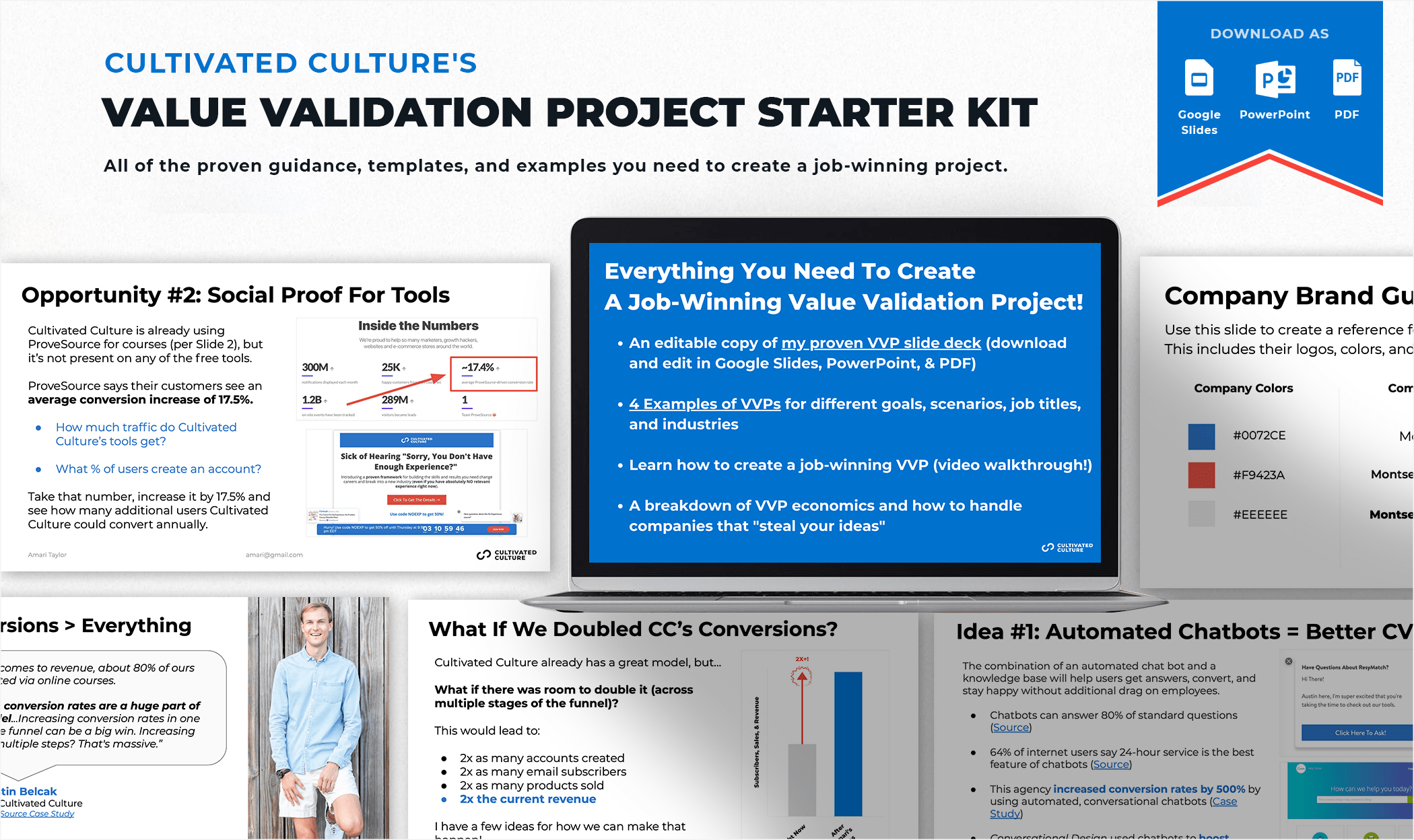

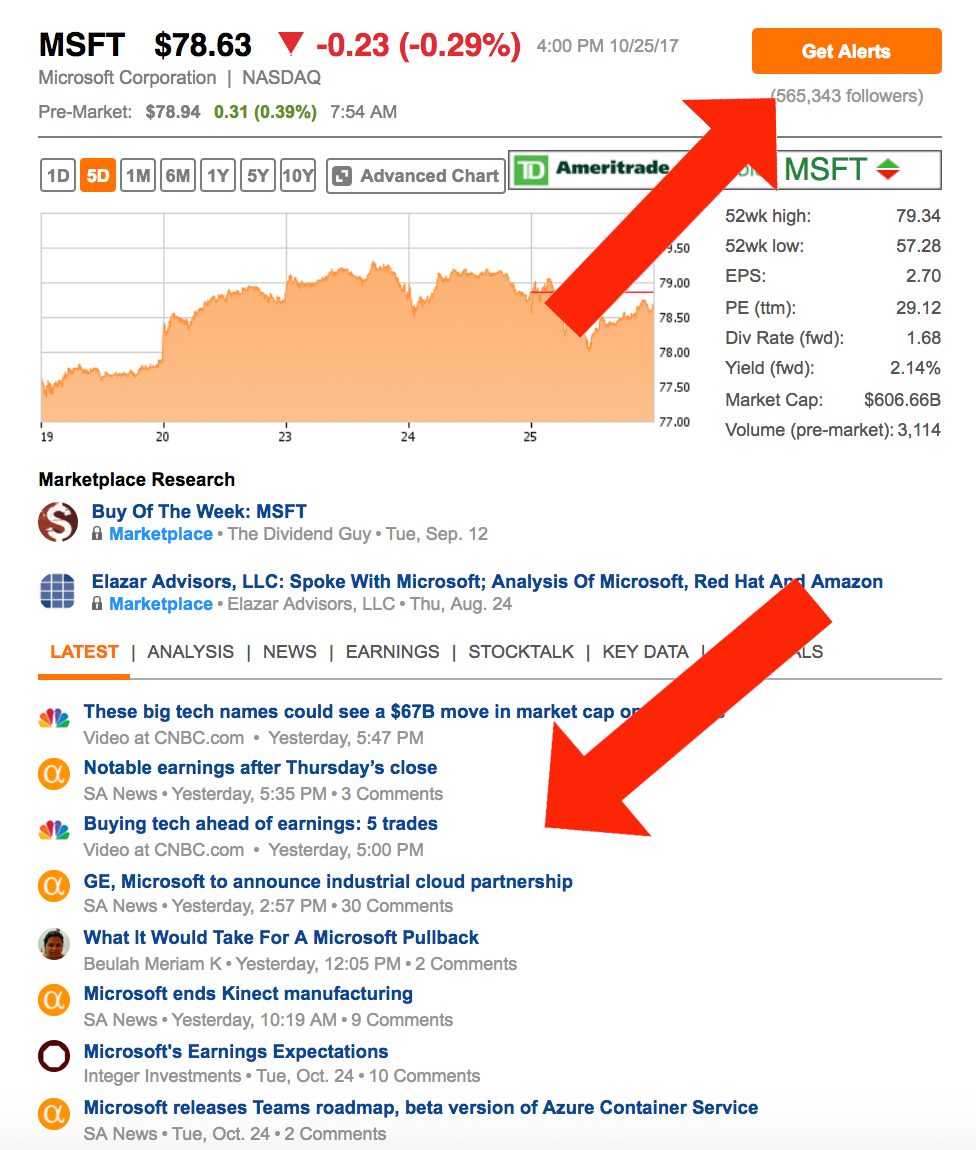
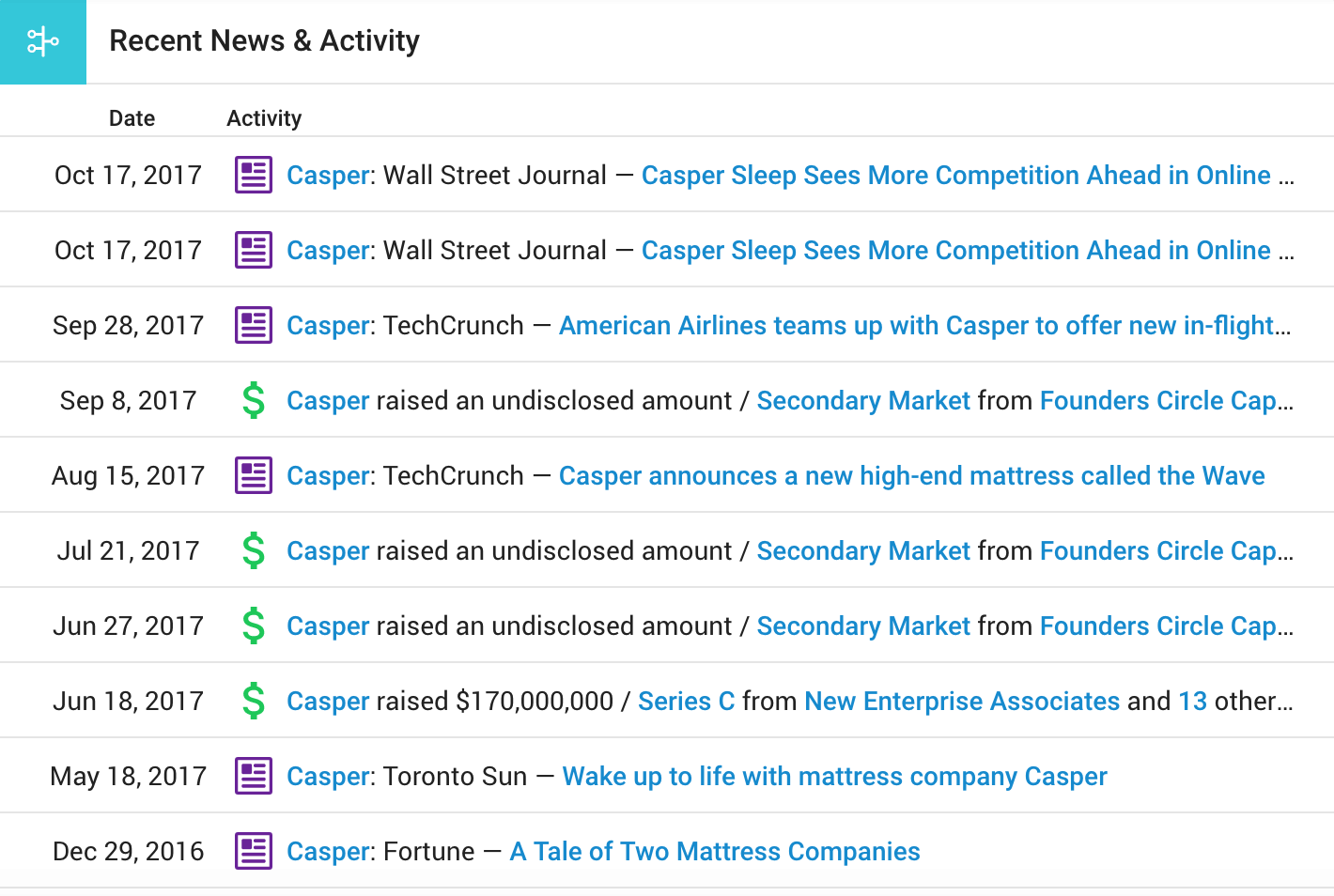
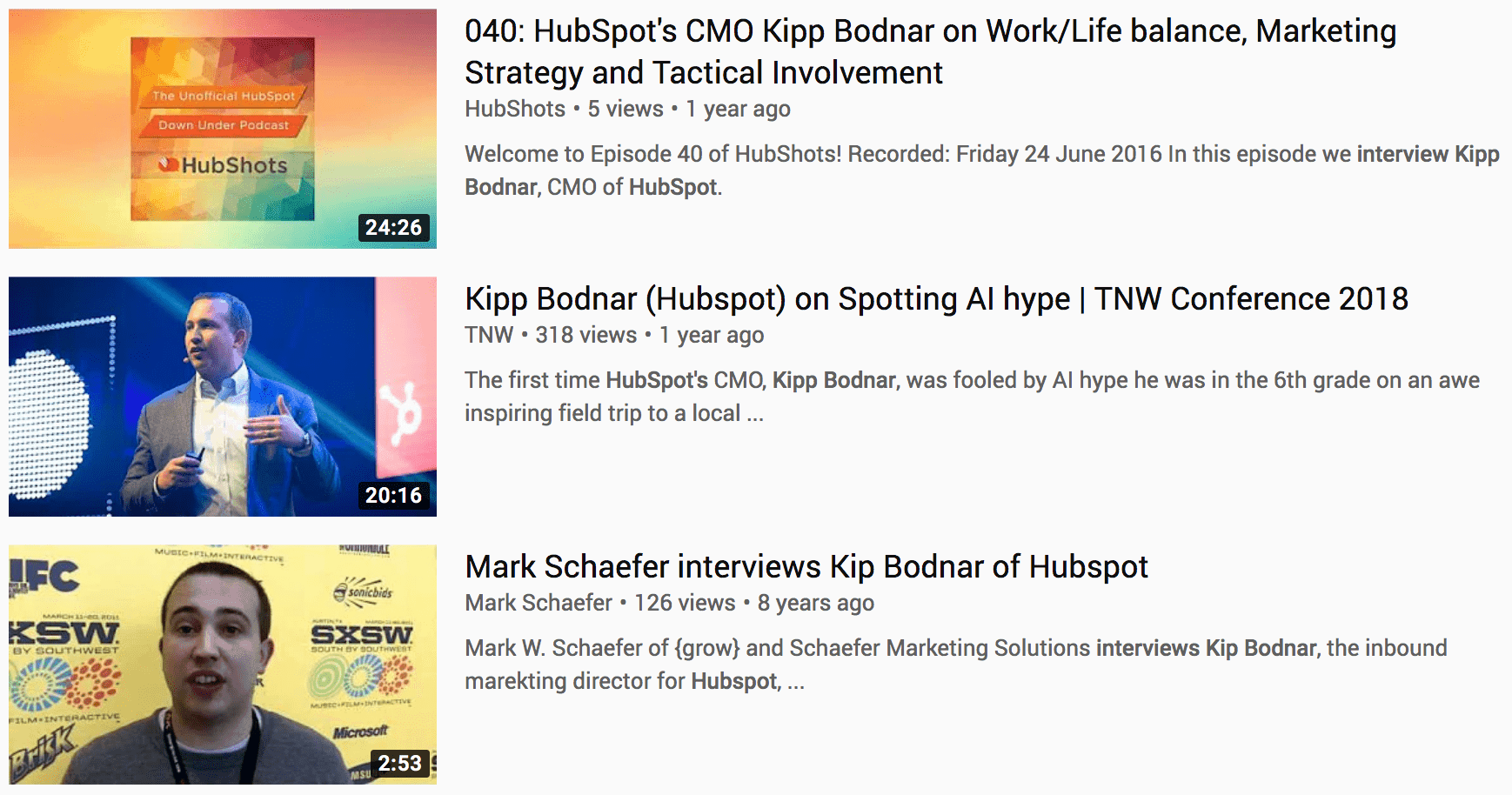
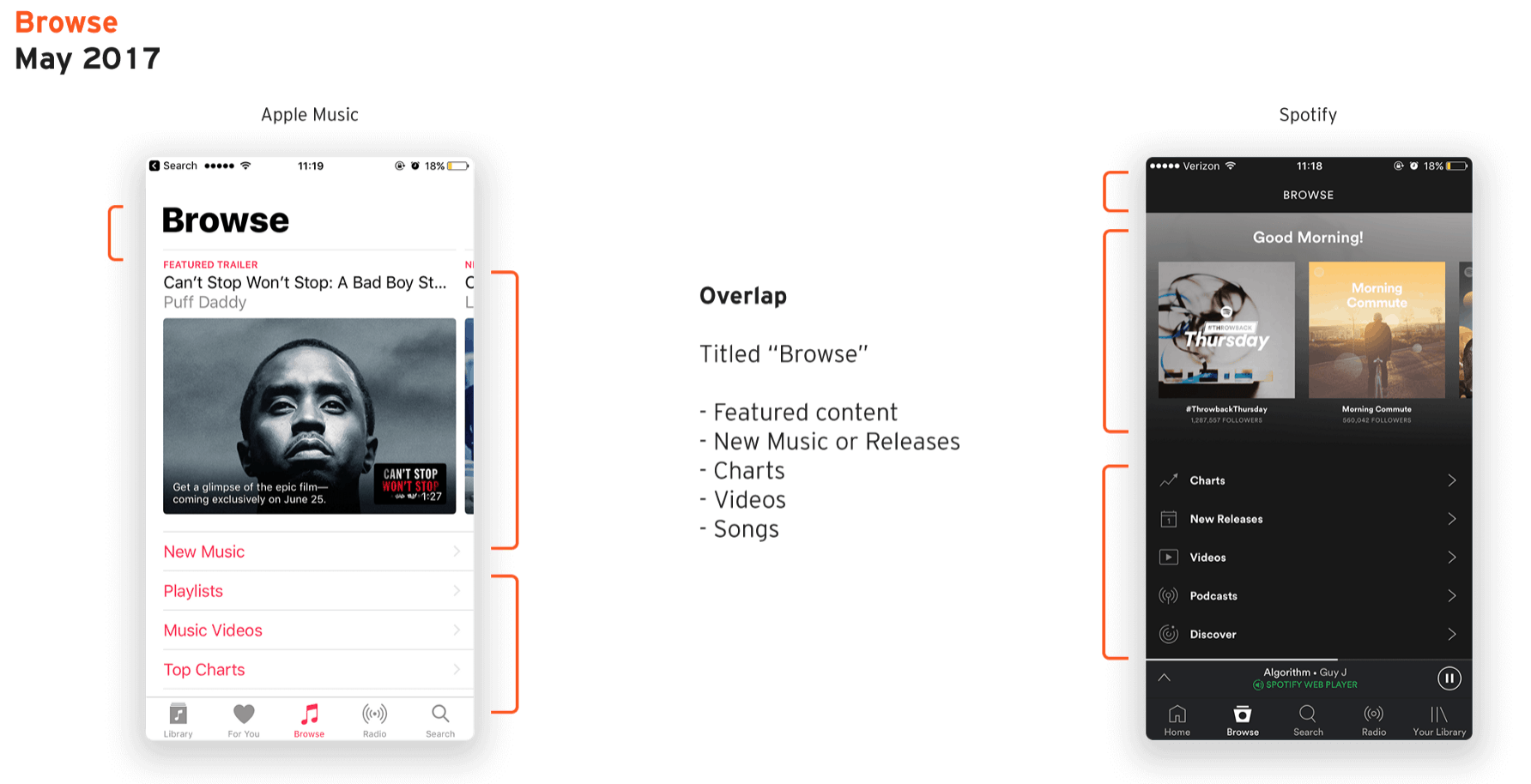
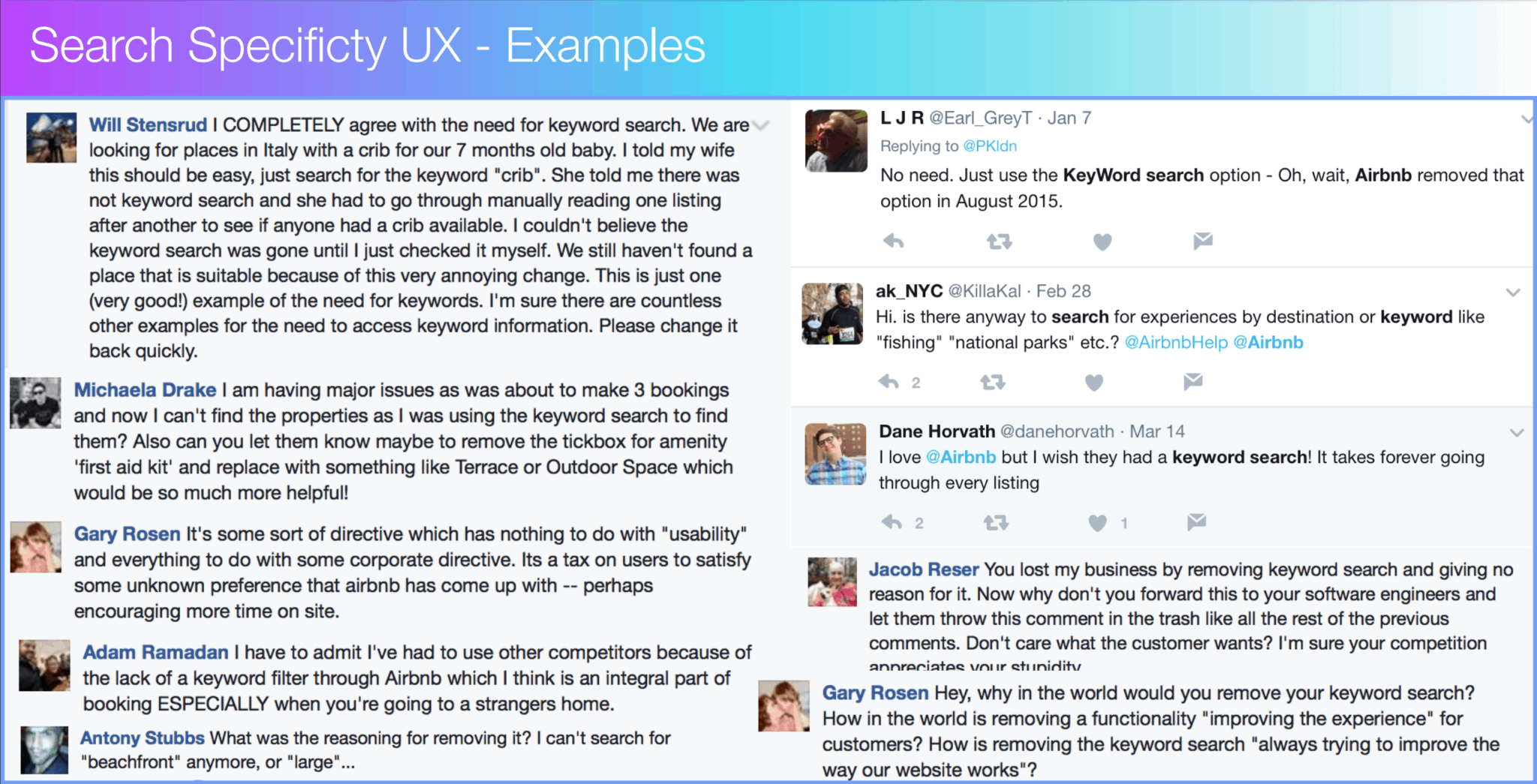
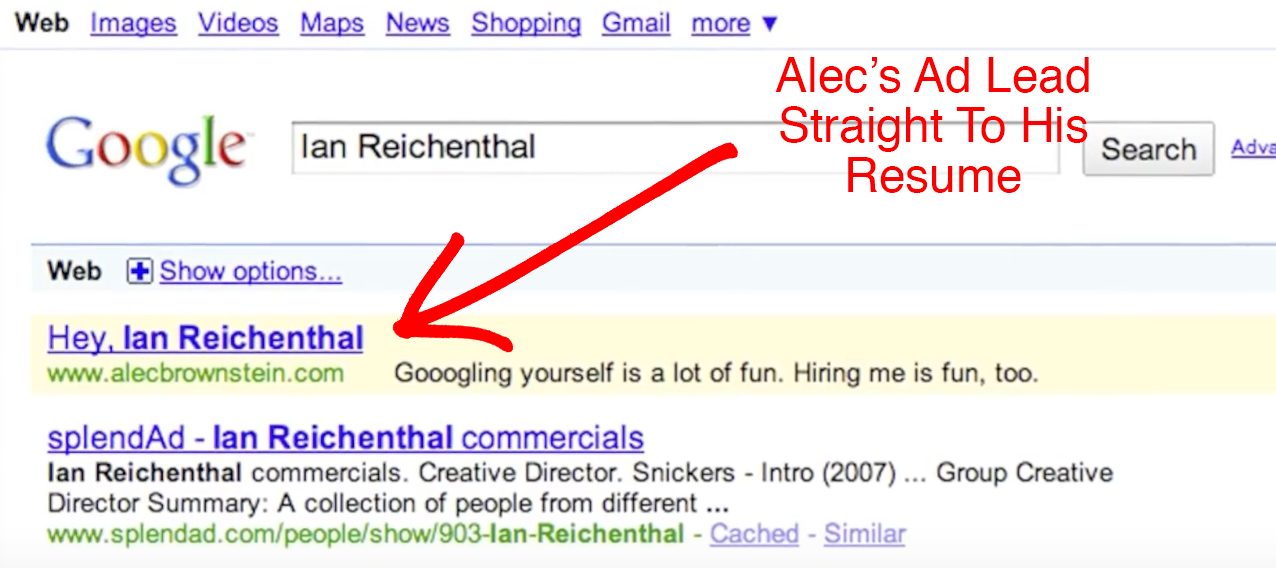
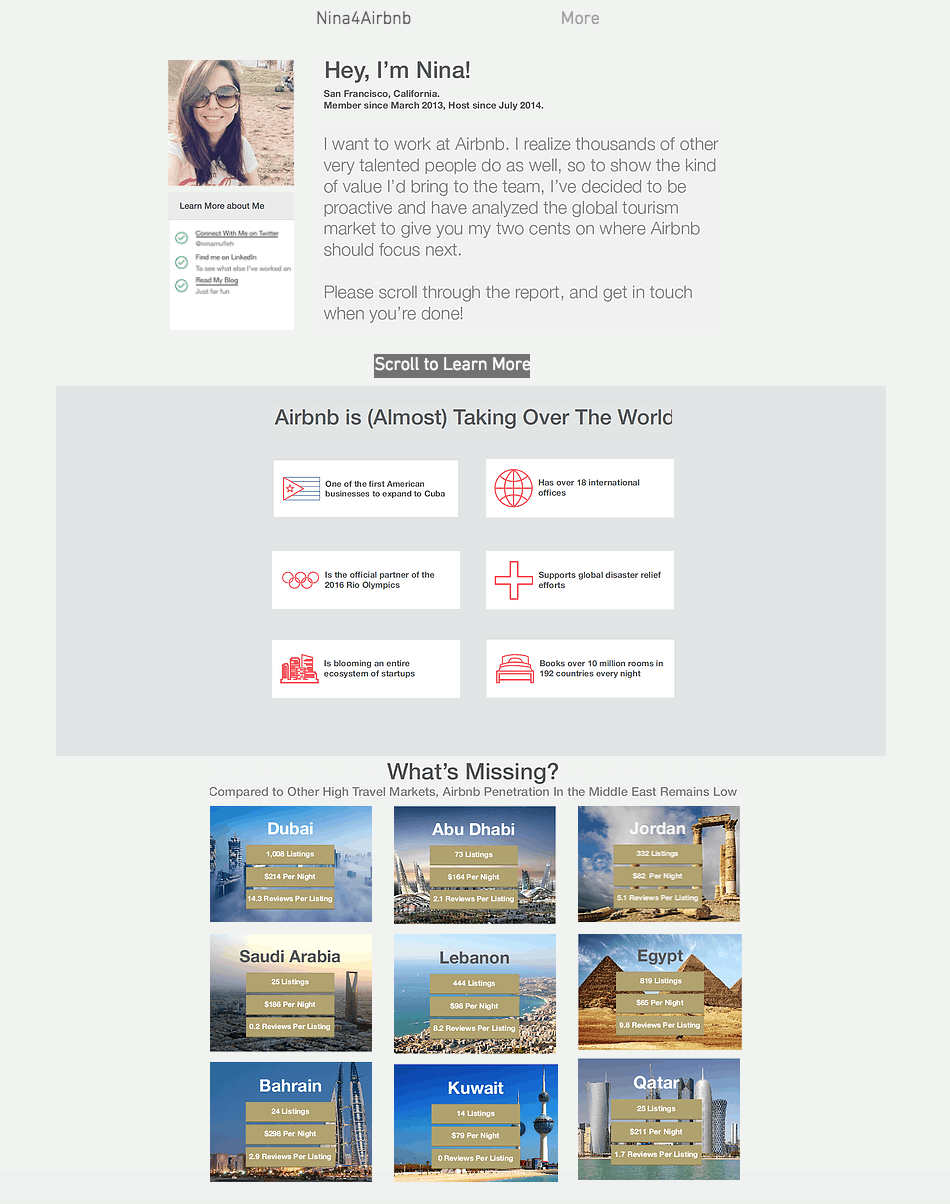
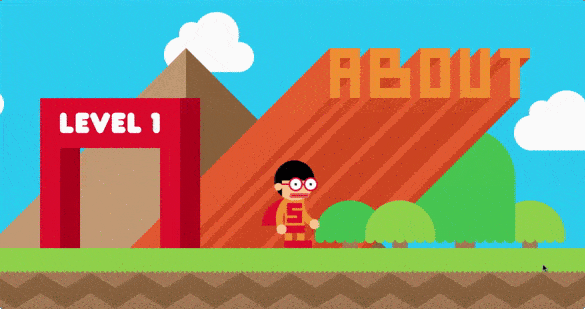
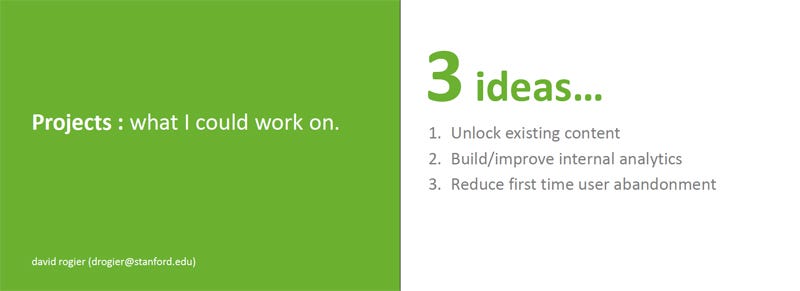
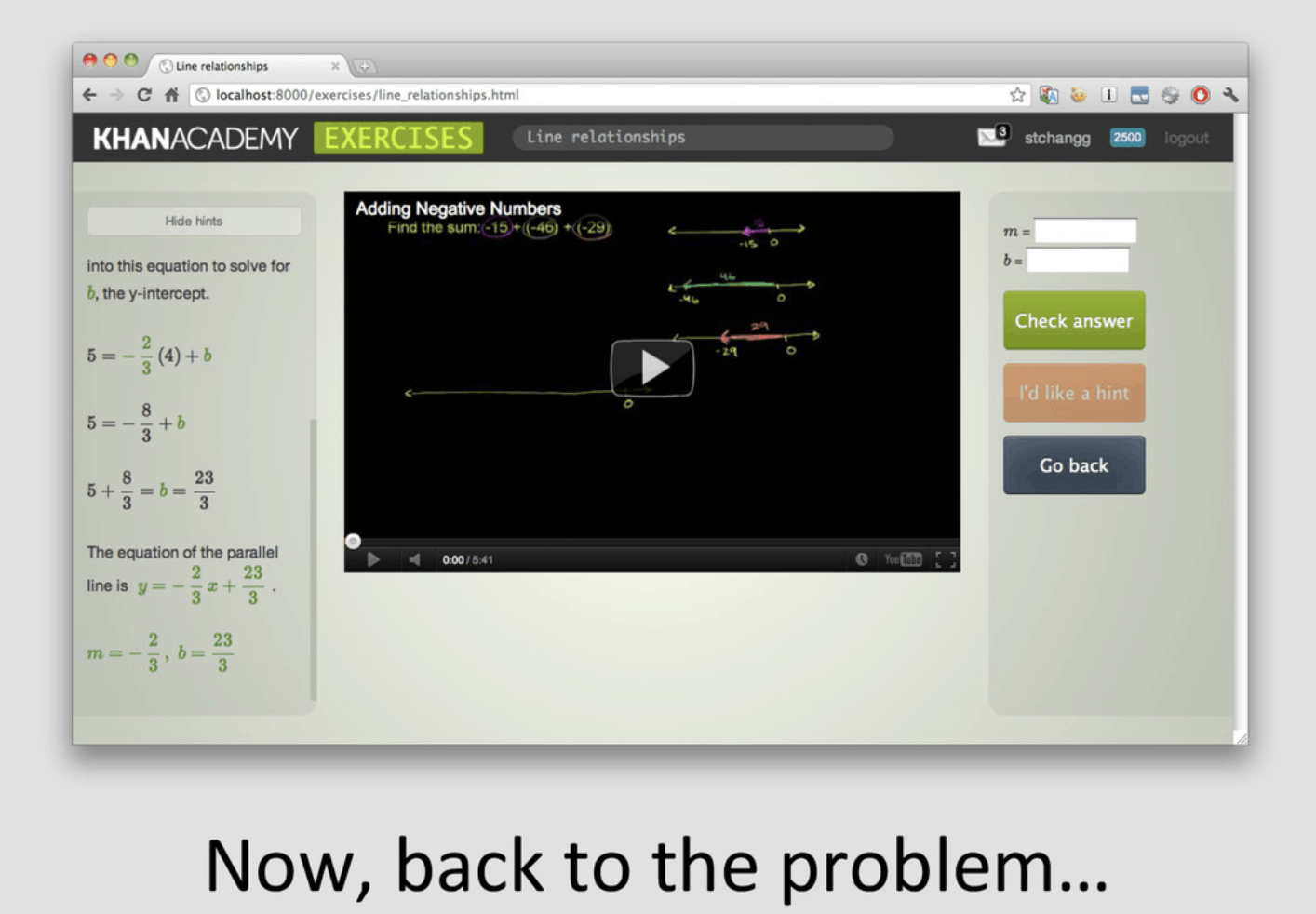
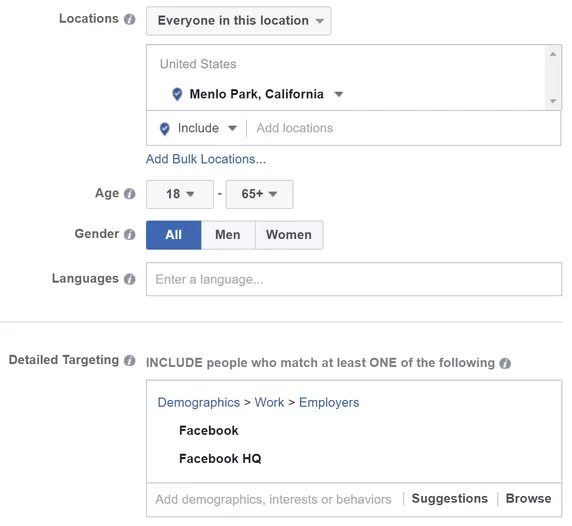
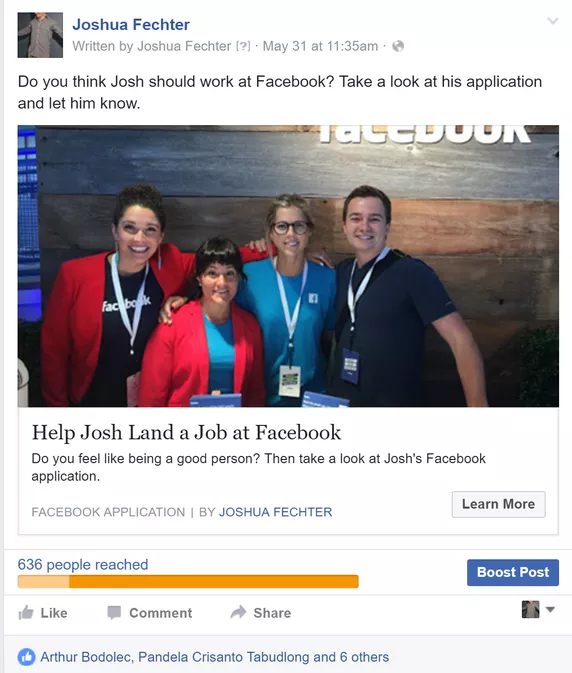


















Thanks, Austin. This article is like being handed gold!
I love everything i have digested today,Thanks . Austin,for being hyperhelpful. You know what
at times it was like building castles in the air.It was too much for me .Now its my time to learn another dimention of climbing up the iceberg.The value Validation project its like sowing a seed while Austin is watering faithfully to produce good fruits.
“Surveying their Customers” gave me my “lightbulb” moment. Wasn’t expecting to start my Value Validation Project before I finished reading your post. The examples were on point, too. Props Austin!
I didn’t know that a value validation project was something that benefits an influential contact at the company I work for. That sounds like it could be really great to do. It would be nice to do something to prove that I can beat the expectations for my role.
Another thing you can do, is use the job description to build the project. If you can understand their business and then tie the job description to the business, you can figure out exactly what you’ll be doing in that role. Then you can just start doing the job by building out a high-quality deliverable.
Awesome! Its truly awesome post, I have got much clear idea on the topic of from
this paragraph.
Right on Lazaro!!
This is great, thanks Prof.
Right on Clement!
Honestly Austin, your posts are fantastic and have given me more confidence in myself. I’m ready to go out there and get my dream job!
Inspiring write-up.
Thanks so much AJ!
Really I found this really helpful. I’m a new graduate tho but I’ve almost given up on Job search when companies don’t get back.. Thanks for this piece. Indeed I’m grateful. God bless you Austin.
You’re so welcome Gafar! I’m glad it was helpful
Hey Austin, love your commitment to innovative thinking! Are there any considerations to keep in mind for a value validation project if there’s currently no job positing for the role I want?
Thanks so much Marissa! I wouldn’t necessarily change anything in that instance, but the VVP is one of the best ways to get in the door early or even have a role created for you!
Hi
Your attitude and generosity is something that makes you unique and also successful
But I still don’t know how to do the first step…
Thanks again
Rashin
The first step is researching the companies so you can figure out where they want to go and how you can add value!
Wow inspiring! I really love the creativity! I am about to write a VVP….so hoping….it meets the mark of WOW!